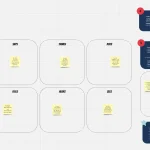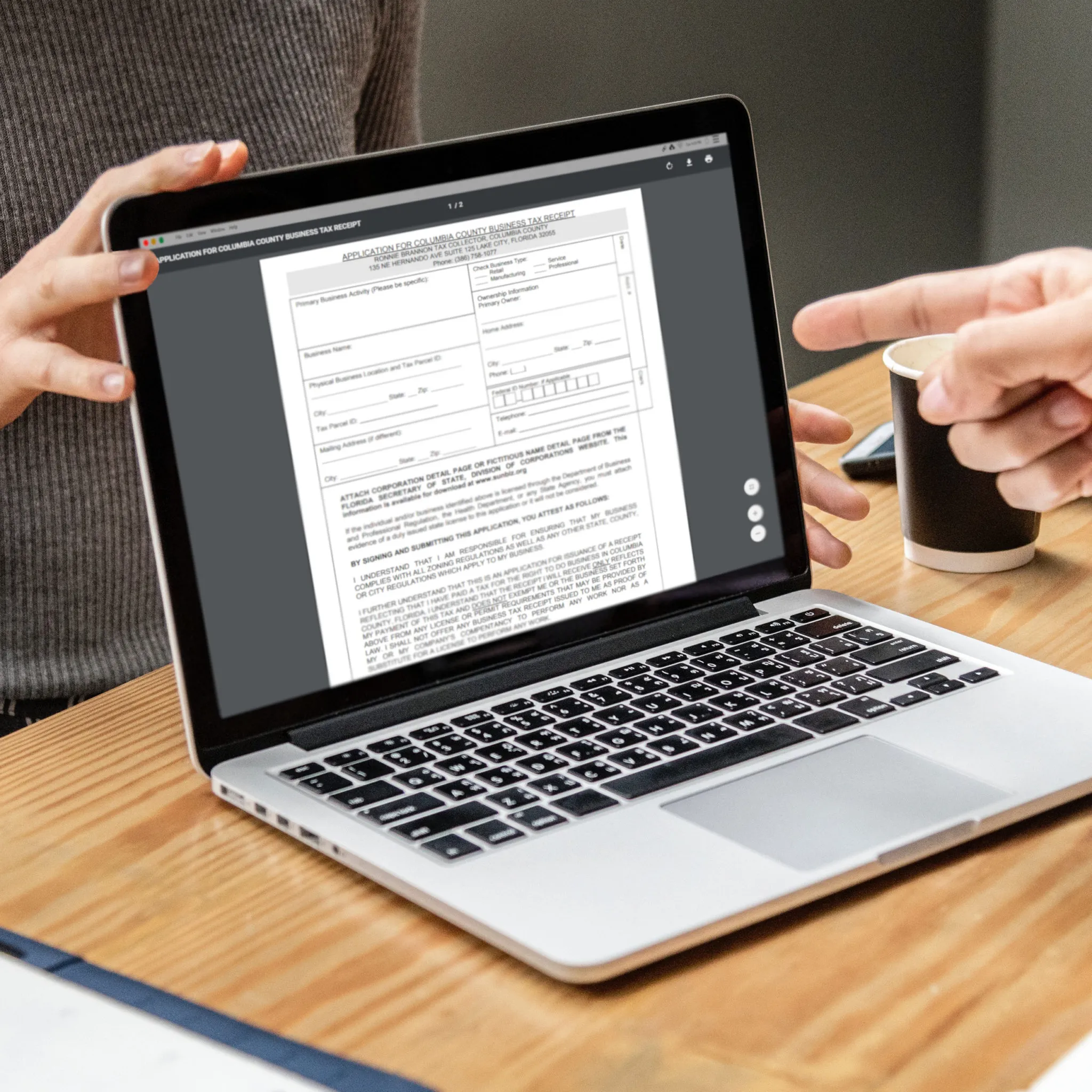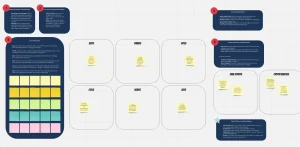Depending on your business structure, you will have to pay different types of federal taxes to the IRS. These taxes can vary greatly depending on the business’s nature, and some businesses must pay them year-round. There are special rules for certain categories of business tax, and each requires different IRS forms and qualifications. If you’re unsure, check with the IRS or your state’s tax authority to find out which business taxes apply to your business. Additionally, you may be required to withhold taxes from your employees’ paychecks, including income, Social Security, Medicare, unemployment, and self-employment taxes.
Whether or not you need to file a business tax application depends on your business’s nature and size. Most business taxes are based on gross receipts and the tax rate is expressed as a percentage of each taxable dollar. However, some business taxes are based on the number of employees or square footage or seating capacity of a business, or even the scale of fees collected. This can make it difficult to determine which tax rate is right for your business.
Businesses in Washington State must also file a business tax application every year. The department has a handy website with information about registering a business and how to file a business tax return. You can also download a business tax application form from the department’s website. Alternatively, you can look up your local business tax office to find out more about the application process. It’s free to file a business tax application online! You can also call the department for help.
You can also deduct expenses incurred through the operation of a business vehicle. The simple deduction for operating a business vehicle is 56 cents per mile for 2021. Other basic business expenses are electricity, rent, utilities, and mortgage. Finally, if you’re traveling for business, you can deduct the cost of transportation. The IRS may question the legitimacy of your business’s expenses if they’re made in your personal name.
You can also choose a short tax year for your business if you don’t operate for an entire year. A calendar tax year might be necessary for businesses with limited bookkeeping and reporting requirements. Local business laws vary greatly, so be sure to contact your local government for more information. If you’re unsure about which tax year you should choose for your business, you can always change it later. A calendar tax year is usually the best choice for businesses without special accounting requirements.
When you file your BIRT return, you’ll have to pay an estimated tax for the following year. This is equal to 100% of the actual tax you paid in the previous year. If you can’t afford to pay the full amount upfront, you can choose to make the payments in quarterly installments. Typically, you have until April 15 to file the BIRT return. If you’re not able to meet this deadline, you can apply for a filing extension. The Department of Revenue may grant you an extension of time, which could last up to 60 days.










More Stories
Developing a Business Continuity Plan for Long-Term Remote and Hybrid Teams
Business Models for the Circular Economy in Consumer Electronics
Navigating the Creator Economy: A B2B Brand’s Playbook for Authentic Connection